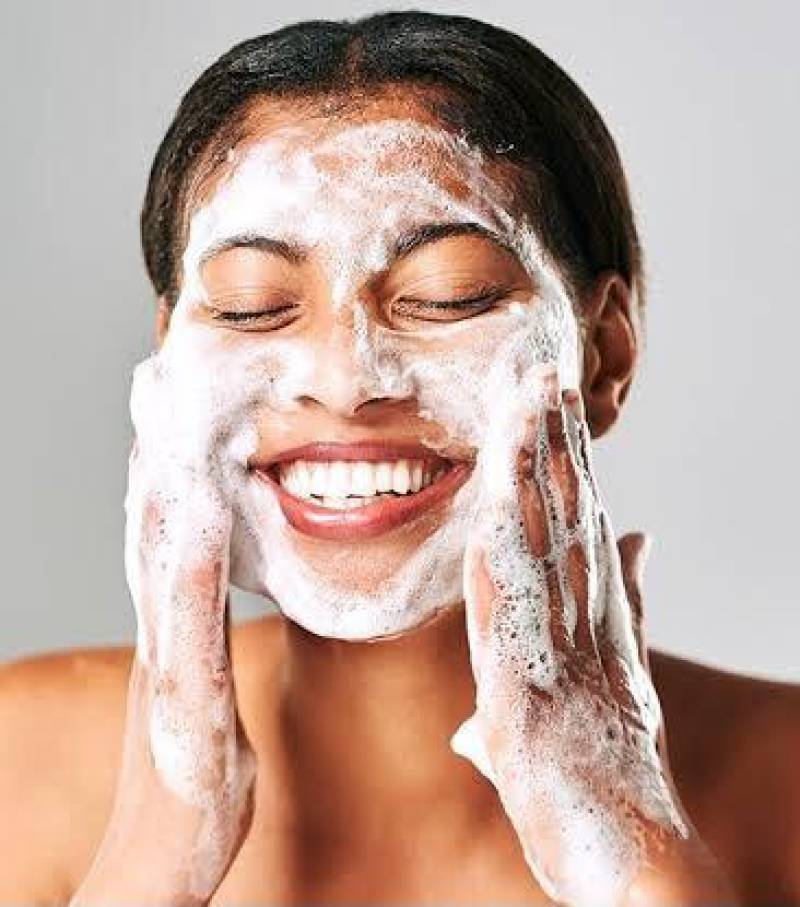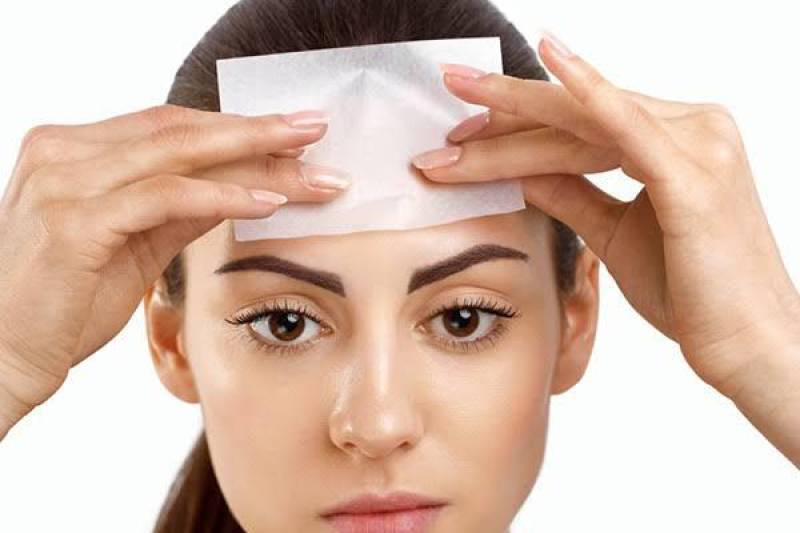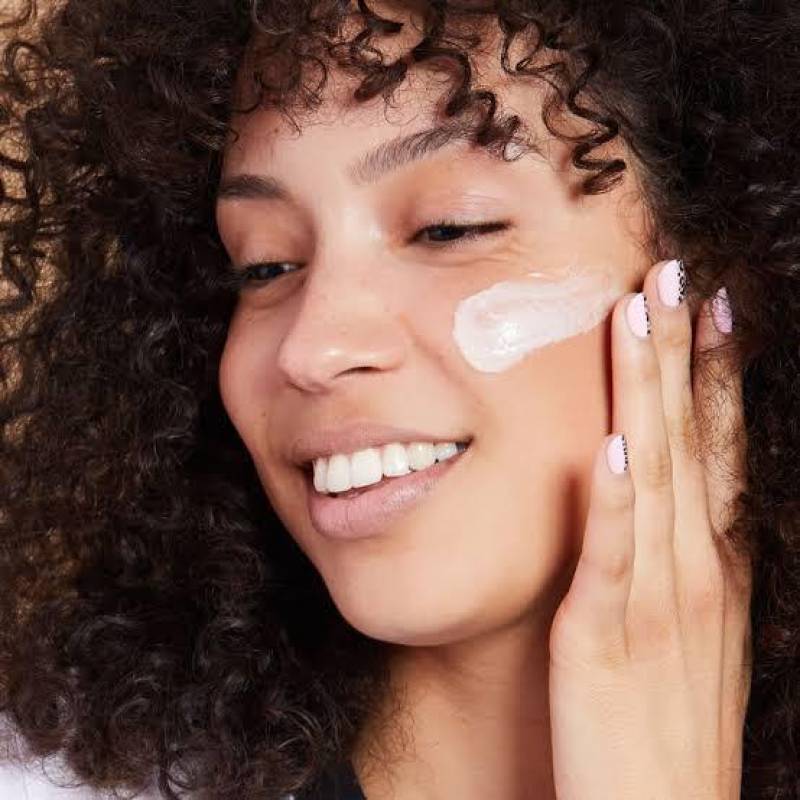5 HACKS FOR OILY SKIN

Credits: Farah Siddique
Oily skin occurs when the sweat glands produce too much sebum. Several home remedies, lifestyle adjustments, and clinical treatments may help reduce the appearance of oily skin.No one likes oily skin, it makes your face look greasy, extra shiny and also triggers regular breakouts. When the body produces extra oil, it causes flare-ups and the unsightly shine on the face. To solve this beauty woe, we have charted five beauty hacks to reduce oil on your face.
1. Moisturizing regularly
Some people think that moisturizers increase the amount of oil on the skin or clog the pores, but oil-free, non comedogenicmoisturizers help keep the skin hydrated.
Look for daytime moisturizers with an SPF of 30 or higher that contain zinc oxide and titanium dioxide. For especially oily skin, try using a higher formula moisturizer at night, such as switching from a heavy cream to a serum or gel.
2. Making a facial mask
Although scientific evidence is limited, people have used a variety of herbal or natural products to reduce excess skin oil. It is possible to incorporate many of these products into homemade masks. According to recent research some of the most studied and recommended masks for reducing oily skin include clay and parsley. Clay especially green clay has several cosmetic uses, including absorbing and removing debris, dirt, and oil from the skin’s surface. Clay also helps tone the skin.Parsley contains a diverse mixture of vitamins and minerals that help control sebum production and absorption. Masks containing around 4% parsley powder could be effective in controlling excess oil.
3. Making dietary changes
People with oily skin should try to focus on eating low glycemic foods, such as:
• most fresh vegetables
• some fresh fruits
• beans and peas
• most whole grain oats and cereals
Cow’s milk, given its glycemic index, can also trigger acne through inflammatory pathways. This, in turn, results in clogged pores.
4. Removing makeup before going to bed
When a person leaves makeup on overnight, it can clog the pores and irritate the skin. Always remove makeup before bed using a gentle, pH-balanced cleanser. Remember to gently dab the face dry with a clean cloth, rather than scrubbing it.
5. Using blotting papers or medicated pads
Blotting papers and medicated pads can usually help absorb excess oil from the surface of the skin. Gently press blotting papers or pads against the skin for a few seconds, and use a new paper or pad when it becomes filled with oil or debris. Use the paper on your face gently and not rubbing it against your skin, as it can cause flare-ups and aggravate the acne.


